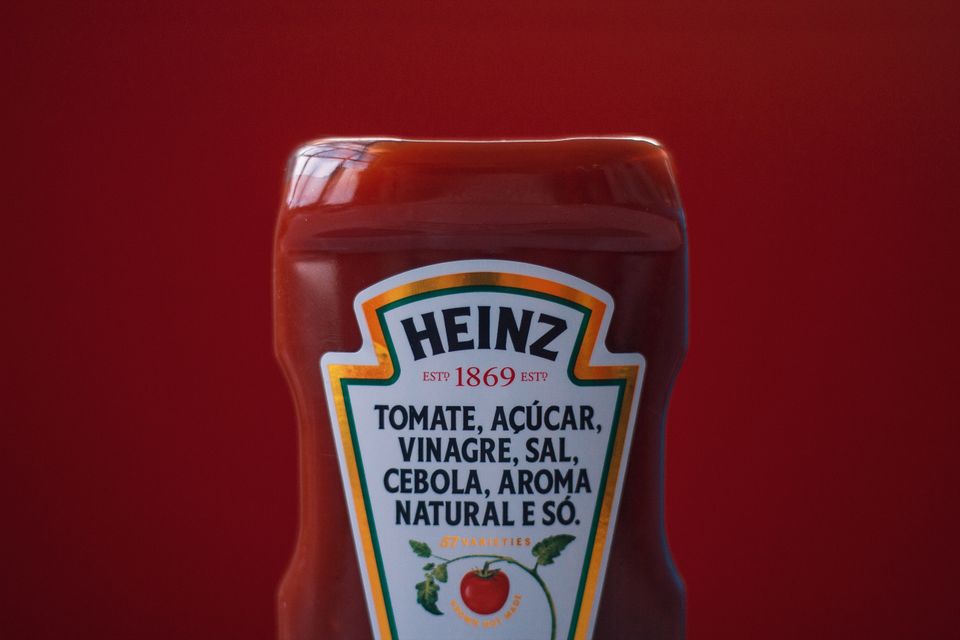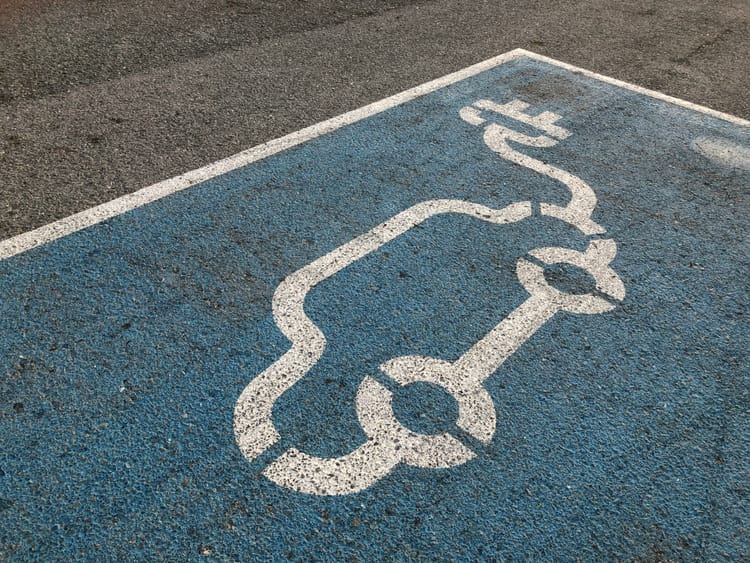Kraft Heinz updated investors on sustainability – then its stock dipped

The latest Kraft Heinz sustainability report shows the company is behind other food manufacturers on the emissions reduction journey: could this explain why its stock went down this week?
The US-based food company’s stock underperformed compared to competitors this week: its share price dipped by 0.88% to US$31.45 on October 19. Just a few days before on October 16, the Ketchup owner released its fifth sustainability report – with underwhelming results.
The company has an interim target to cut absolute emissions by 50% across all scopes by 2030 (from a 2021 baseline), but only managed a 1.5% drop in 2022.
In comparison, Coca-Cola’s 2022 sustainability report shows a 7% reduction in absolute emissions across all scopes (though it has a much higher overall carbon footprint and uses a 2015 baseline). And while Kraft Heinz’ stock dropped, Coca-Cola’s share price saw a 0.56% bump, to US$54.35.
Kraft Heinz sustainability report shows the firm lags behind competitors on decarbonisation
It’s unclear whether these particular stock market results are linked to sustainability performance, but researchers have found empirical evidence of this type of correlation in the past.
For the purpose of this article, it may also be interesting to compare the two firm’s ESG risk ratings: Morningstar ranks Coca-Cola as medium risk with a 21.51 rating, while Kraft Heinz is perceived as high ESG risk (33.70).
Even without analysing share prices, it’s clear that Kraft Heinz is behind some of its competitors in terms of decarbonisation. In 2022, Mars claimed an 8% reduction in GHG emissions across its value chain in 2022 (also from a 2015 baseline), Nestlé emitted about 6% less than the previous year, while Danone managed to cut its carbon footprint by just over 2%.
(Produce company Fresh Del Monte, which also released its sustainability report this week, saw a similar reduction in absolute emissions as Kraft-Heinz at 1.47%, but an increase in Scope 3.)
In its October 20 report, Zacks Equity Research estimated that Kraft Heinz shares were likely to perform in line with the market in the coming six months, but cautioned that the company is facing intense competition with other major players on grounds including “responsiveness to consumers’ changing preferences”. “Such competitive pressures may compel the company to lower prices, which remains a threat to its profits,” the analysts added.
Kraft Heinz carbon reductions led by Scope 2
Kraft Heinz had an overall carbon footprint of just under 28.4 million tonnes last year, compared to about 28.8 million tonnes in 2021. More than 95% of this footprint belongs to Scope 3 (particularly sourcing and transportation).
The biggest emission reduction (189,381 tonnes) was achieved in Scope 3, in particular through localisation initiatives, but considering the sheer size of the company’s Scope 3 footprint, it only meant a 0.68% improvement.
Meanwhile, the most significant decrease (25%) was achieved in Scope 2, mostly through the purchase of renewable energy in the US. More energy emissions improvements are expected in the coming two years thanks to the recent signing of virtual renewable power purchase agreements that should cover 46% of the company’s global manufacturing power needs. Overall, Kraft Heinz is confident that it will reach its goal of procuring “the majority” of its electricity from renewable sources by 2025.
The company also has a goal to reduce energy intensity by 15% by 2025, but so far has only achieved a 4.2% reduction. “Our goal is to have better control of our energy usage by in-housing critical production processes. While this may diminish progress on our energy intensity goal in the short-term, we are committed to delivering energy and GHG reductions through electrification, heat recycling, and equipment retrofitting older machinery in the longer-term,” the report says.
The manufacturer, which employs 37,000 people in more than 40 countries, is in the process of setting a science-based target (due to be approved by the end of 2023), but has already announced its intention to achieve net zero emissions by 2050.
Kraft Heinz publishes sustainability reports separately from financial filings, and is due to hold a Q3 results earnings call with investors on November 1.







Member discussion